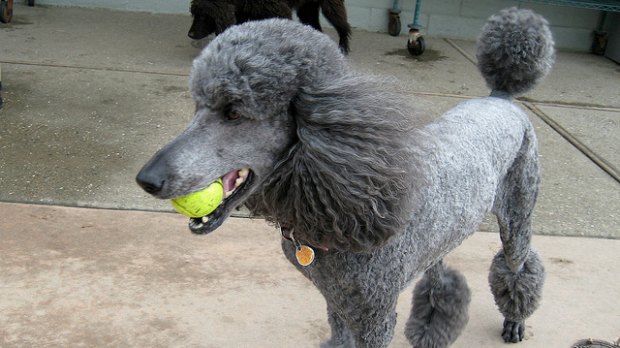 FLICKR, NICK FULLERTONTake the bad with the good, as they say. The domestication of wolves into dogs and the later diversification of dogs into breeds may have increased the number of harmful mutations that dogs carry in their genomes, according to research published today (December 21) in PNAS.
FLICKR, NICK FULLERTONTake the bad with the good, as they say. The domestication of wolves into dogs and the later diversification of dogs into breeds may have increased the number of harmful mutations that dogs carry in their genomes, according to research published today (December 21) in PNAS.
“The way in which certain breeds were created not only selected for traits that humans found desirable but it also saddled those breeds with a little bit more deleterious mutations than they would have had otherwise,” Joshua Akey, a geneticist at the University of Washington who was not involved in the work, told The Scientist.
Canines were first domesticated at least 15,000 years ago somewhere in Eurasia, and several evolutionary pressures could theoretically lead to a build-up of disadvantageous mutations as domestication proceeded, the authors wrote in their study. One of these factors is a reduction in population size, known as a population bottleneck, which hampers natural selection’s ability to remove harmful mutations.
“You have bottlenecks occurring essentially at least twice in the history of ...













